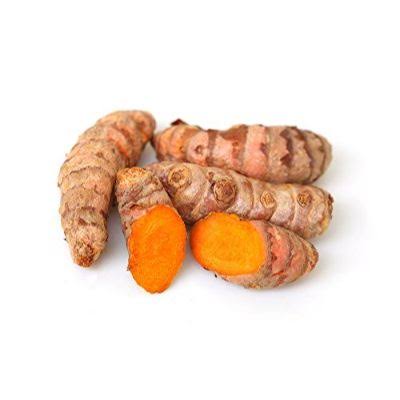Turmeric, the golden spice that has been a staple in kitchens across the world for centuries, is more than just a vibrant addition to your meals. This humble root, particularly celebrated for its active compound curcumin, has earned a reputation in recent years as a powerful tool for promoting health and wellness. While many of us know turmeric as the key ingredient in curry dishes or as the bright yellow powder that colors our foods, its health benefits are truly something to marvel at.
One of the most lauded aspects of turmeric is its anti-inflammatory properties. Chronic inflammation is often at the root of numerous health issues, from joint pain to cardiovascular disease. Curcumin, the active ingredient in turmeric, works by modulating the body’s inflammatory response, making it an incredibly valuable ally for individuals dealing with conditions like arthritis or other inflammatory diseases. By reducing inflammation, turmeric helps to soothe the body and improve overall health, providing relief where it’s most needed.
But the benefits don’t stop there. Turmeric is also a potent antioxidant. In a world where pollution, poor diet, and stress contribute to oxidative stress, curcumin steps in as a shield, helping to neutralize free radicals that can damage cells and accelerate aging. This antioxidant activity has earned turmeric its place as a natural defense against various chronic conditions, including cancer, heart disease, and cognitive decline. By reducing oxidative stress, turmeric contributes to healthier skin, more youthful energy, and better overall longevity.
Perhaps one of the most intriguing aspects of turmeric is its potential to enhance brain function. Research has shown that curcumin can increase levels of Brain-Derived Neurotrophic Factor (BDNF), a protein essential for brain health and function. Low levels of BDNF have been linked to several brain-related conditions, including depression and Alzheimer’s disease. By supporting the growth and repair of brain cells, turmeric may offer a natural way to keep our minds sharp and even combat age-related mental decline.
Another benefit that deserves attention is turmeric’s impact on heart health. Studies suggest that curcumin can help improve the function of the endothelium—the thin layer of cells that line blood vessels. This improvement in endothelial function may reduce the risk of heart disease by promoting better circulation and preventing blood clots. Given the growing concerns around heart disease globally, turmeric’s ability to support heart health is a significant reason to consider adding it to your daily routine.
For those struggling with digestive issues, turmeric is a natural remedy that shouldn’t be overlooked. Its digestive benefits are well-known, particularly in soothing conditions like indigestion, bloating, and irritable bowel syndrome (IBS). The anti-inflammatory properties of turmeric help to calm the digestive tract, easing discomfort and promoting a healthier gut.
Turmeric also plays a vital role in joint health. The anti-inflammatory nature of curcumin makes it particularly beneficial for people with joint pain or conditions such as osteoarthritis. Regular consumption of turmeric may help reduce stiffness and swelling, allowing for greater mobility and a reduction in the pain associated with these conditions.
In addition to all of these benefits, turmeric is a natural immune booster. Its antimicrobial properties help fight infections, making it a valuable ally in maintaining a strong immune system. In times when we’re more concerned about our health than ever, incorporating turmeric into your diet is a small but impactful way to give your body the defense it needs.
Lastly, turmeric has been shown to help improve mood and mental health. Research has suggested that curcumin can increase serotonin and dopamine levels in the brain—two key neurotransmitters that regulate mood and emotional well-being. For those battling the weight of stress or mild depression, turmeric could provide a natural, gentle way to boost mental health without the side effects often associated with pharmaceutical treatments.
However, it’s important to note that curcumin alone is not easily absorbed by the body. To maximize its benefits, turmeric should be paired with black pepper, which contains piperine, a compound that significantly boosts curcumin’s bioavailability. Additionally, consuming turmeric with a healthy fat, such as olive oil or coconut oil, can further improve absorption.
In conclusion, turmeric is far more than a flavorful addition to your cooking—it’s a powerhouse of health benefits. From reducing inflammation and fighting oxidative stress to supporting brain function and improving heart health, this golden spice offers a wide array of wellness advantages. While it’s not a cure-all, the science surrounding turmeric suggests that it’s certainly worth including in your daily diet. Whether in your morning smoothie, sprinkled on your favorite dishes, or taken as a supplement, the benefits of turmeric are too significant to ignore.




